I have a GiftCouponPayment class. It has a business strategy logic which can change frequently - GetCouponValue(). At present the logic is “The coupon value should be considered as zero when the Coupon Number is less than 2000”. In a future business strategy it may change as “The coupon value should be considered as zero when the Coupon Issued Date is less than 1/1/2000”. It can change to any such strategies based on the managing department of the company.
How can we refactor the GiftCouponPayment class using Strategy pattern so that the class need not be changed when the strategy for GetCouponValue method?
UPDATE: After analyzing the responsibilities, I feel, "GiftCoupon" will be a better name for "GiftCouponPayment" class.

C# CODE
public int GetCouponValue()
{
int effectiveValue = -1;
if (CouponNumber < 2000)
{
effectiveValue = 0;
}
else
{
effectiveValue = CouponValue;
}
return effectiveValue;
}
READING